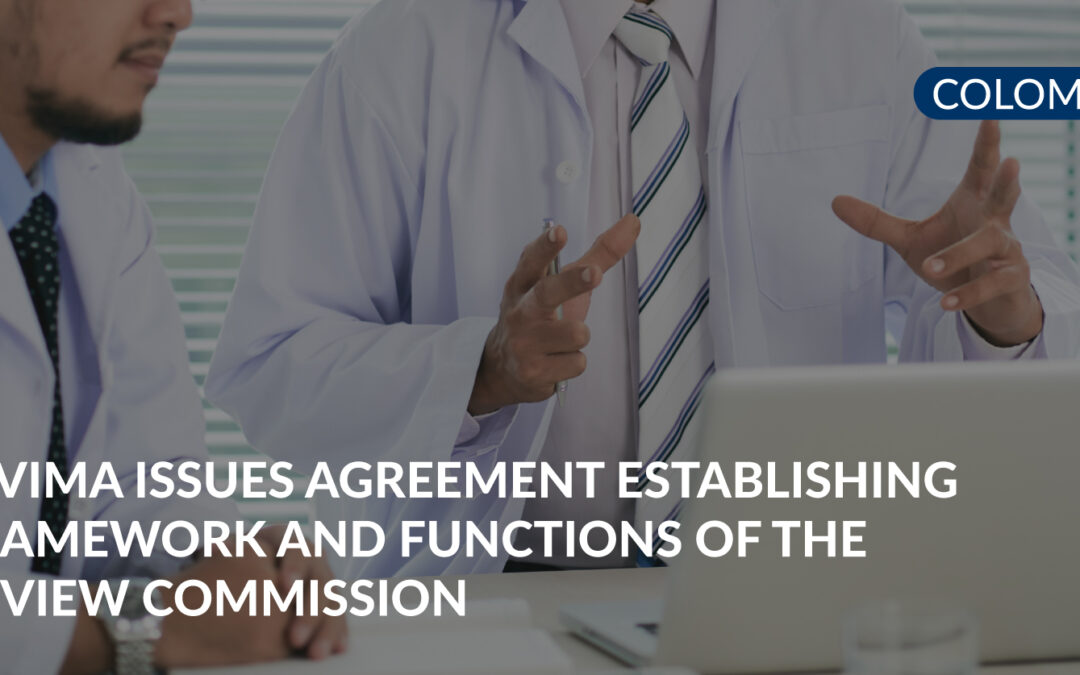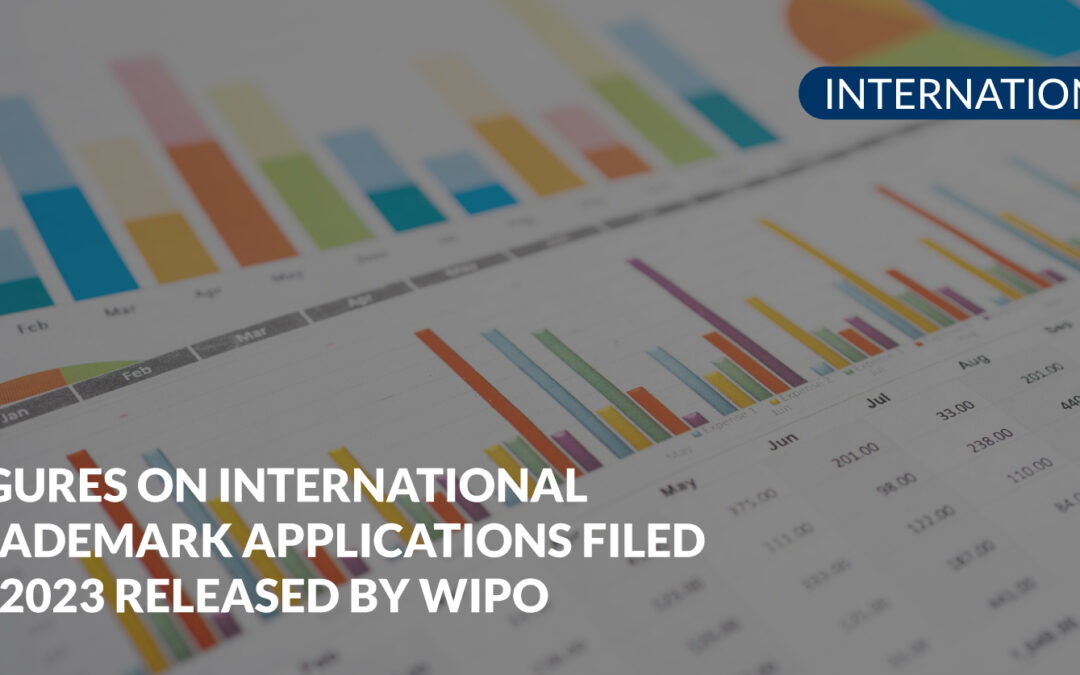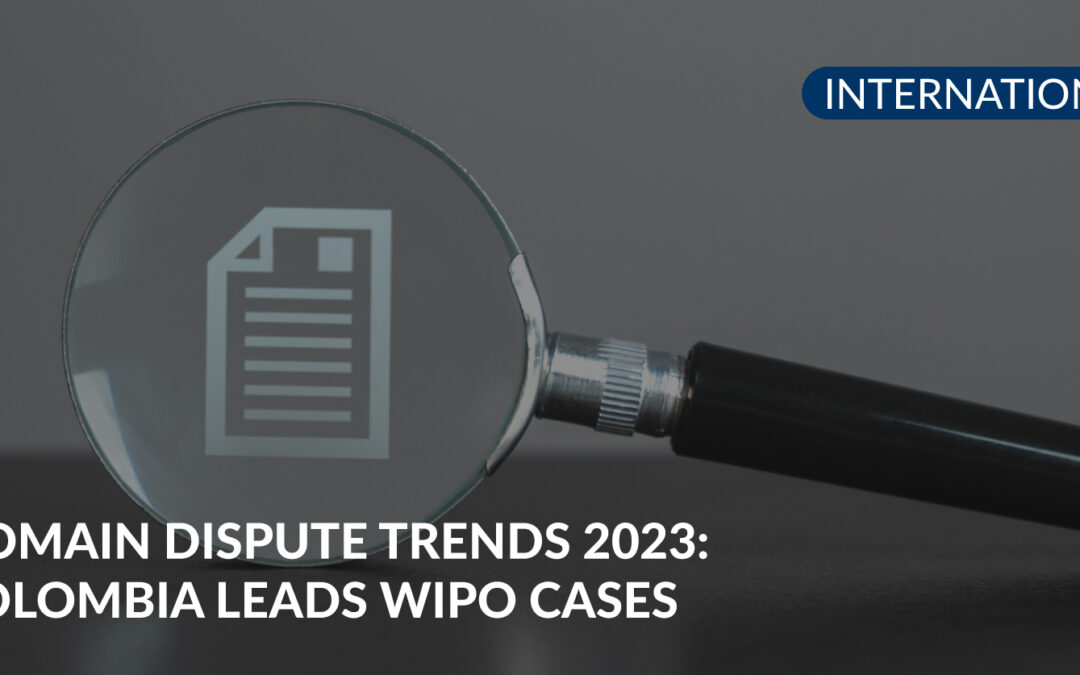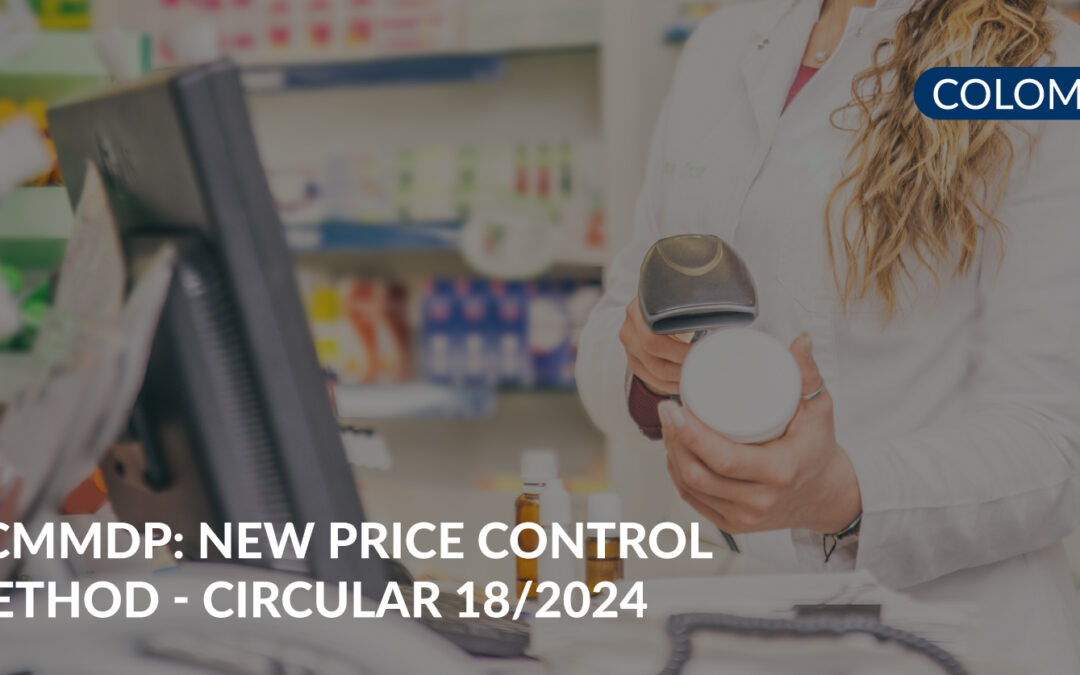..
COLOMBIA | Regulatory, Compliance | Colombia is about to implement Disclosure Code on Payments from the Pharmaceutical Sector to Healthcare Professionals
On 1 November 2017, the Ministry of Health (MoH) of Colombia published the draft of a Resolution through which it will implement a Disclosure Code on Payments from the pharmaceutical industry -like Marketing Authorization titleholders, manufacturers, importers and distributors of medicines and medical devices- to healthcare professionals (HCPs) and other actors in the health sector (such as doctors, for example).
The new regulations are a result of new transparency and compliance policies adopted by the Colombian Government, and will involve the report of cash value transfers, services, articles in kind and actions from the pharmaceutical industry in favor of HCPs involving the following categories: (i) food expenses, (ii) travel and accommodation related to participation in events, (iii) education, (iv) research, (v) donations, (vi) licenses for use, (vii) participation as speaker in academic events; and (viii) financiation for academic events.
It is likely that the aforementioned regulation will be issued before the end of 2017, considering that the MoH is already working on the platform that will be used to report and disclose payments (which is also regulated in the Resolution).
The Ministry will receive comments and observations until 20 November 2017.
.
COLOMBIA | Regulatory | Colombian Minister of Health warns that there will be price control for 222 new medicines
In an interview with El Tiempo newspaper, the Colombian Minister announced that the price of 222 new medicines will be controlled, which means that the country will have more than 1000 medicines (specifically 1082) under said figure.
This incorporation would take place on November 2017, and will be carried out according to the final text of the Draft Decree with criteria for medicines’ therapeutic value evaluation, which was discussed in the OM Weekly Digest edition issued on 20 October 2017.
.
.
COLOMBIA | Intellectual Property | Colombia’s entry into the OECD: Committee of Commerce meets at the end of November and could evaluate the country’s shortfalls in Intellectual Property
According with Portafolio newspaper, November 2017 will be crucial for Colombia to finally be admitted into the Organization for Economic Cooperation and Development (OECD), since the meetings of 2 of a total of 23) Committees of that Organization missing to give its approval in the fulfillment of good practices of the country in different thematic areas. Specifically, the Trade Committee would meet on 26 November 2017, which within its most important points will review the intellectual property situation in the country and if measures to adopt the recommendations made by the OECD in the area have been taken.
Additionally, it should be considered that United States (one of the countries with the most weight within the OECD) is actually conducting a Report 301 Out-of-Cycle Review about protection provided by Colombia in intellectual property, within of which different US companies and trade unions have requested the inclusion of Colombia in the priority watch list of countries that do not fulfill their commitments in the area.
Although the OCR Review has no direct link with the OECD, its comments and results may have an influence on the review carried out by the Trade Committee and on the approval required by Colombia to advance its entry into OECD.
.
COLOMBIA | Regulatory | Uber, Cabify and Airbnb are legal in Colombia: ICTs Minister
On 4 November 2017, the Minister of Technologies and Information (MinICT) stated that service intermediation platforms like Uber, Airbnb and Cabify are legal. According to the Ministry, the digital economy is a public policy promoted by Colombia and intermediation platforms are adjusted to it. The foregoing is guaranteed by the new neutrality principle, consisting in that any platform can operate online unless there is express legal prohibition in the activity subject of intermediation (which actually is limited to child pornography and chance ganes).
Notwithstanding the foregoing, there is still no consensus within the Colombian government regarding legality of Uber and Cabify (for example, for the Ministry of Transportation such platforms are illegal).
COLOMBIA | Regulatory | Colombia: authorizations to use Living Modified Organisms are now issued by INVIMA
Starting 23 October 2017, and by delegation of the Colombian Ministry of Health, the Regulatory and Sanitary Authority of Colombia (INVIMA in Spanish) became the Institution in charge of authorizing permits related to Living Modified Organisms (LMOs).
Specifically, it will authorize any permit regarding transboundary movement, transit, handling and use of LMOs.
.
EUROPE, WORLD | Competence Law, Antitrust | For anti-competitive practices, the European Union sanctions Google with more than 2,700 million dollars
On June 2017 -and as a result of an investigation initiated in 2014-, the European Union (EU) imposed a fine on Google for more than 2.7 billion dollars (equivalent to 3% of the turnover of Alphabet Inc., the business conglomerate to which Google belongs) for alleged anti-competitive practices, specifically for distorting the results of its search engine and favoring price comparison offered by Google over smaller shopping search services.
The decision was appealed by Google before the EU General Court on October 30, 2017, on the grounds that it is unfounded “by relying on antitrust theories not proven by the EU Competition Commissioner”.














